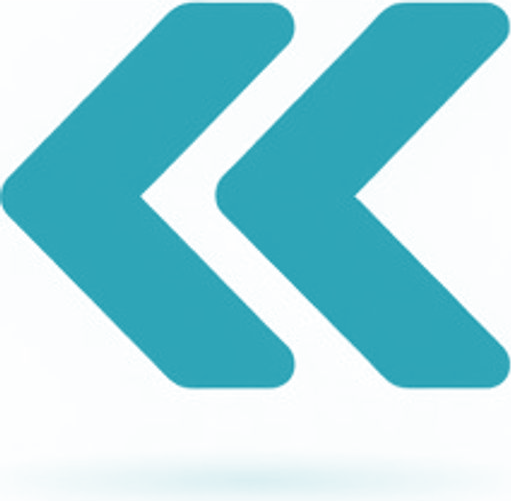
Verifiably Random S2:Ep3: Google's Quantum Leap & Algorand's Humanitarian Mission
Algorand's latest innovations in humanitarian aid and financial inclusion are transforming lives in underserved communities, with significant developments in quantum computing security and blockchain applications.
Google's Willow Quantum Chip: Impact on Cryptography
Google's new Willow chip design marks a breakthrough in quantum computing stability. The innovation maintains coherence while scaling up qubits, extending stability time by 5x compared to previous designs. While this advancement doesn't immediately threaten Algorand's quantum-secure ledger (using Falcon signature scheme), it suggests quantum computers may scale faster than expected. Experts estimate 5-10 years before quantum systems could pose significant cryptographic threats.
Blockchain for Humanitarian Aid
Matt Keller, Director of Impact at the Algorand Foundation, highlights several successful initiatives:
- HesabPay (Afghanistan): Serves 500,000+ monthly users in a country with only 5-6% bank account ownership
- Kare Wallet: Facilitates humanitarian aid distribution
- UNDP Blockchain Academy: Provides blockchain education
- Humanitarian Payments Council: Coordinates blockchain-based aid efforts
Financial Inclusion Achievements
The Foundation's impact initiatives demonstrate blockchain's potential to:
- Bypass traditional banking infrastructure
- Provide financial services in underserved regions
- Maintain user dignity while delivering practical solutions
- Support sustainable development goals
These developments showcase how blockchain technology can effectively address fundamental human needs while advancing financial inclusion in developing regions. The Foundation's approach proves that technology, when properly implemented, can create meaningful social impact while maintaining security and efficiency.
